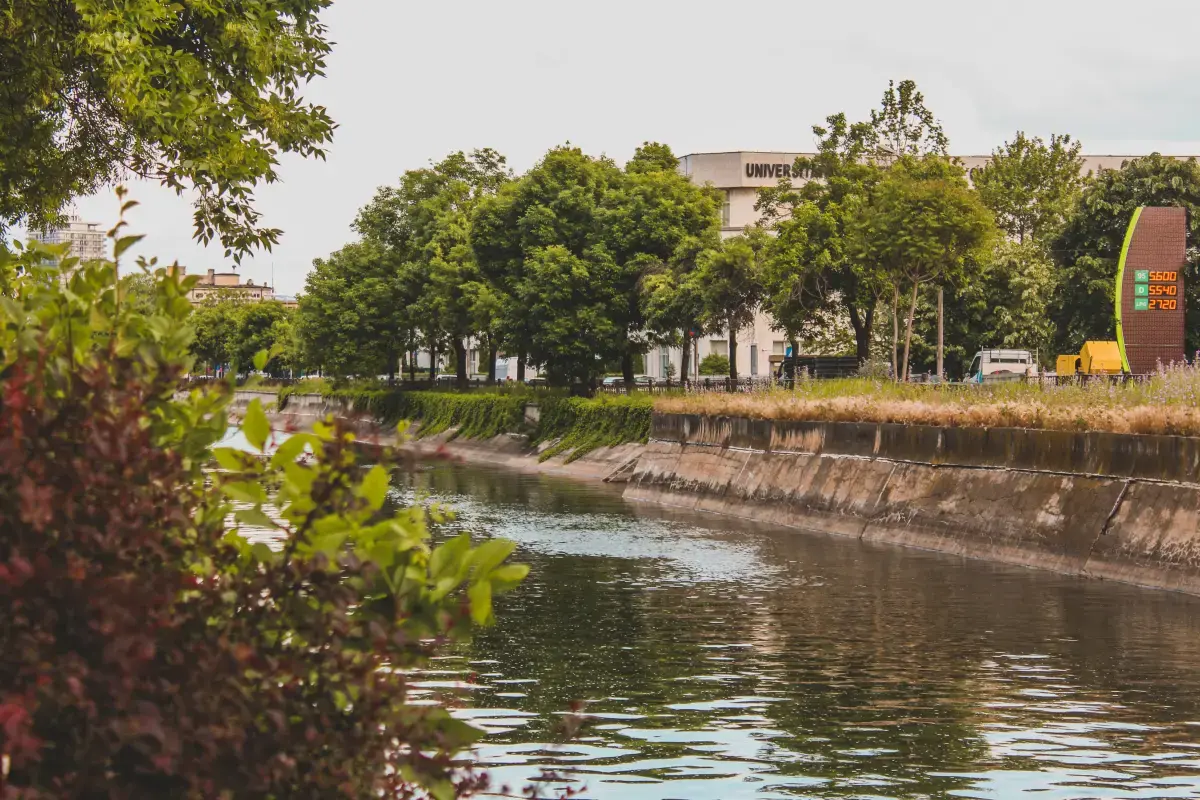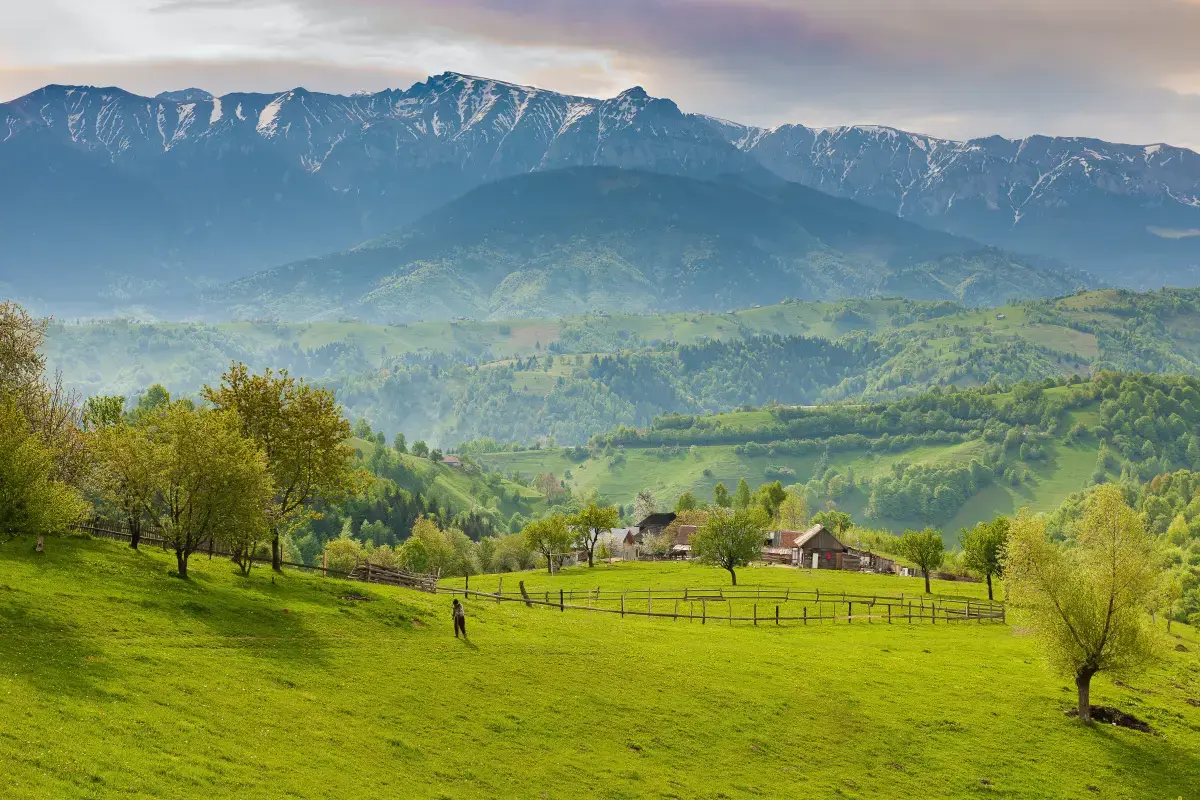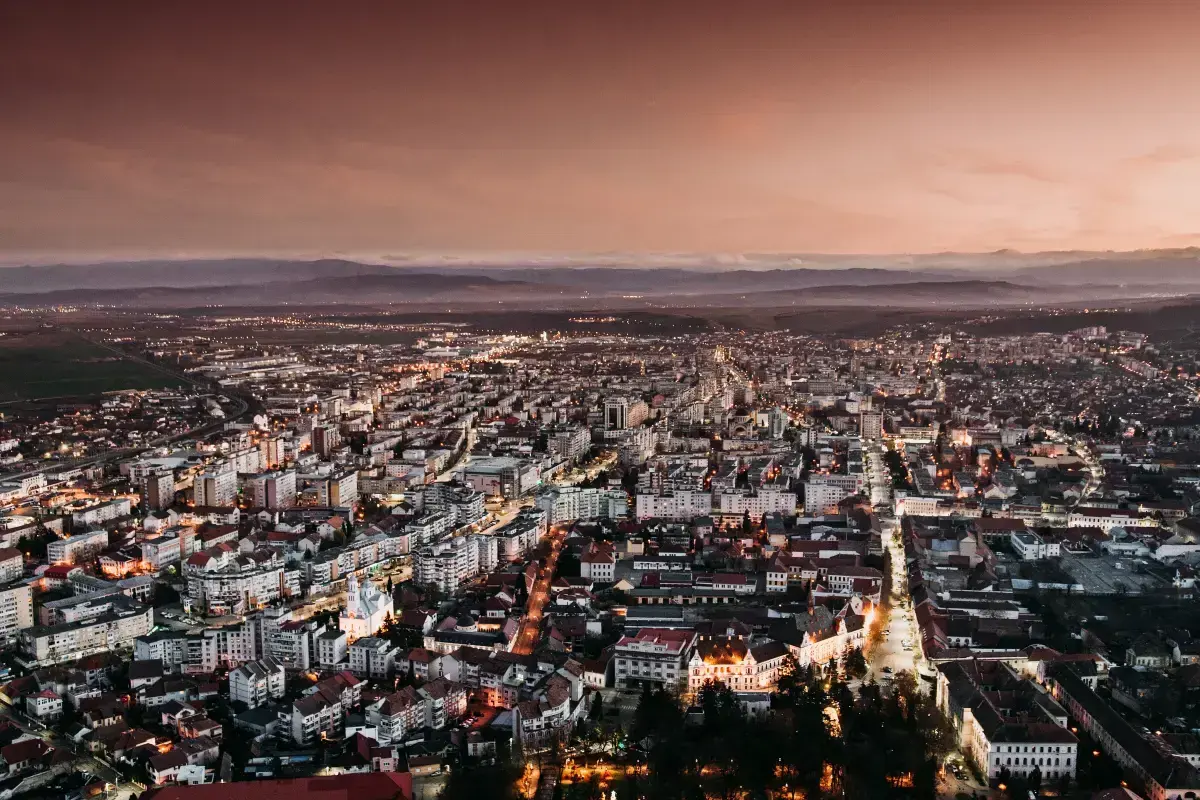- Anesthesiologist
- Obstetrician and Gynecologist
- Psychiatrists
- Surgeons
- General Internal Medicine
- Physicians
- Ophthalmologists
- Orthodontist
- Product Manager
- Artificial Intelligence & Machine Learning (AI/ML) Engineer
- Full-Stack Developer
- Cloud Architect
- DevOps Engineer
- Blockchain Engineer
- Software Architect
- Big Data Engineer
- Internet of Things (IoT) Solutions Architect
- Data Scientist
- Cyber Security Architect
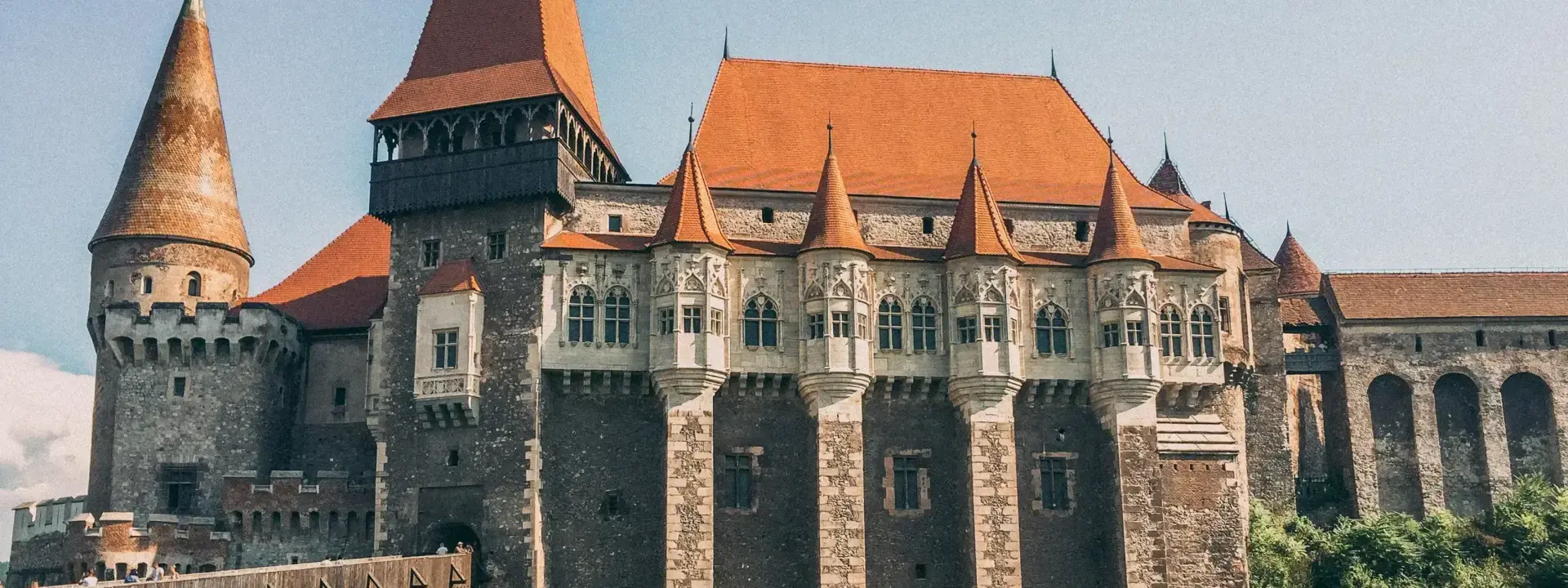
Moving to Romania in 2025
Step by step guide on migrating and relocating to Romania in 2025?
Use our Guide to find all the moving information you may need if you are thinking of moving or working in Romania.
There are a number of reasons why people relocate to Romania. Below, we discuss the main causes of this migration trend in more detail. 1. Cost of Living: Romania has a relatively low cost of living compared to other countries in the European Union and North America. This makes it an attractive destination for people looking to save money on basic costs including food, housing, transportation, and healthcare. Additionally, the favorable exchange rate of the Romanian leu to other currencies allows people to stretch their dollar further. 2. Job Prospects: While Romania is not yet considered one of the largest economies in the world, it is a rapidly growing economy. This, combined with the fact that Romania is part of the European Union, makes it an attractive destination for people looking for job opportunities. 3. Quality of Life: Romania offers a lower cost of living and a variety of leisure activities to suit any taste, and is home to some of the most stunning coastal scenery in the world. Additionally, its cities have a rich cultural heritage and are full of beautiful architecture and culture. 4. Education Opportunities: Romania offers high quality and diverse education opportunities. With over 9 million students studying in the country, Romania has the highest level of educational enrollment per capita in Europe. Additionally, the country is home to numerous renowned universities and research institutions that attract students from all over the world. 5. Natural Beauty: Romania is a country famous for its beautiful landscapes and mountain regions. Thanks to its proximity to the Black Sea, this Balkan country offers some of the most scenic coastal regions in Europe. Beyond that, it also has rolling hills, quaint villages, and majestic mountains full of wildlife.
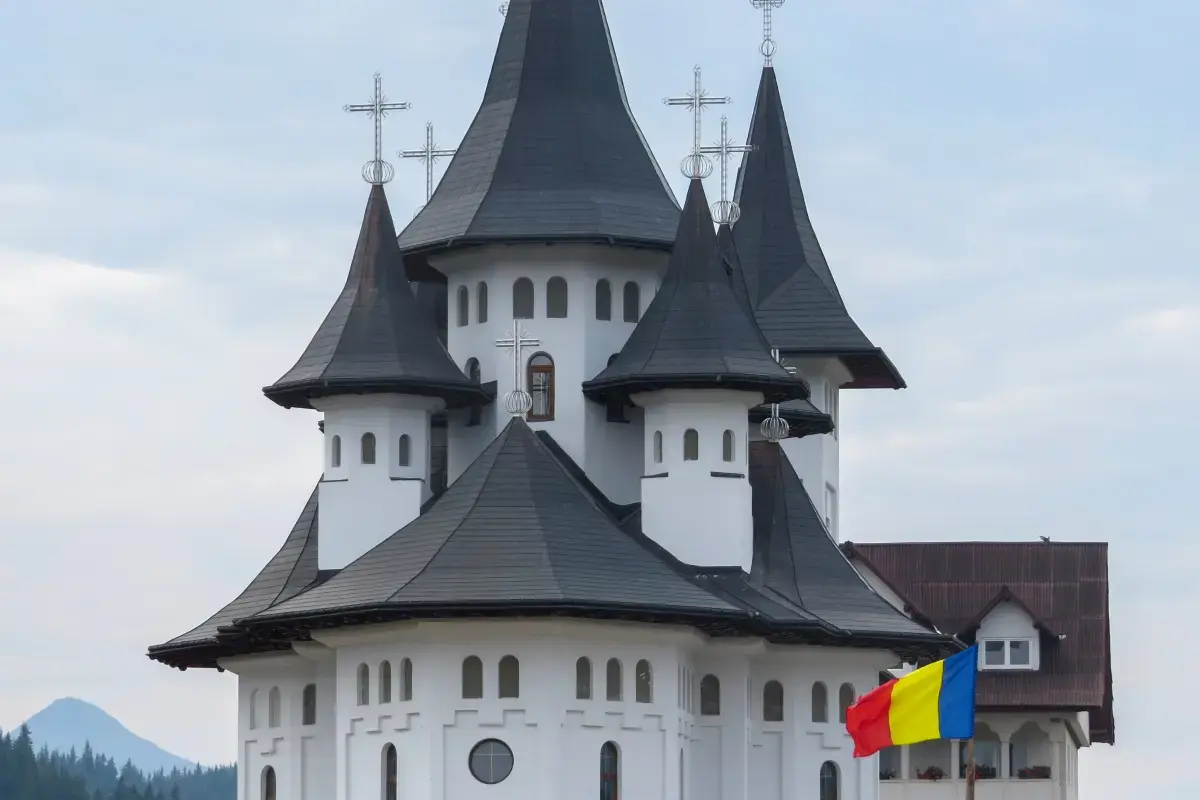
Gigs
Cost of Moving to Romania
1. Visa Costs: Depending on the purpose of your move, the cost of a visa to enter Romania may vary. Most foreign residents who wish to live in Romania need a Long-Stay (D) visa. To apply, a fee needs to be paid, as well as additional fees to process the application. 2. Housing Costs: The average rental costs for apartments in Romania can vary widely depending on location, size and amenities. In larger cities like Bucharest, monthly rent for a one-bedroom apartment in the city center can range from €450-850; outside of the city center, the cost can range from €300-650. 3. Utility Costs: Monthly utility costs in Romania are usually around €80-150, depending on the size of the apartment and the type of utilities being paid for. 4. Food Costs: The cost of food in Romania is generally lower than in many other parts of Europe. A basic grocery bill for a family of four should be around €250-400 per month. Restaurants and nightlife can raise the cost. 5. Transportation Costs: For public transportation, a one-way ticket in Bucharest costs €0.50-1.50, while monthly tickets are available for €15-25. For traveling between cities, buses and trains are typically the most economical options. 6. Healthcare Costs: Romania is part of the EU national health insurance program, meaning residents can access healthcare services and medications at a greatly reduced cost or for free. Non-EU residents will not have access to the national health insurance program and will need to purchase private health insurance. 7. Cost of Living Adjustment: Depending on where in Romania you end up moving to, the cost of living might be lower or higher compared to other parts of Europe. Make sure to factor in income taxes and other costs to account for this cost difference.
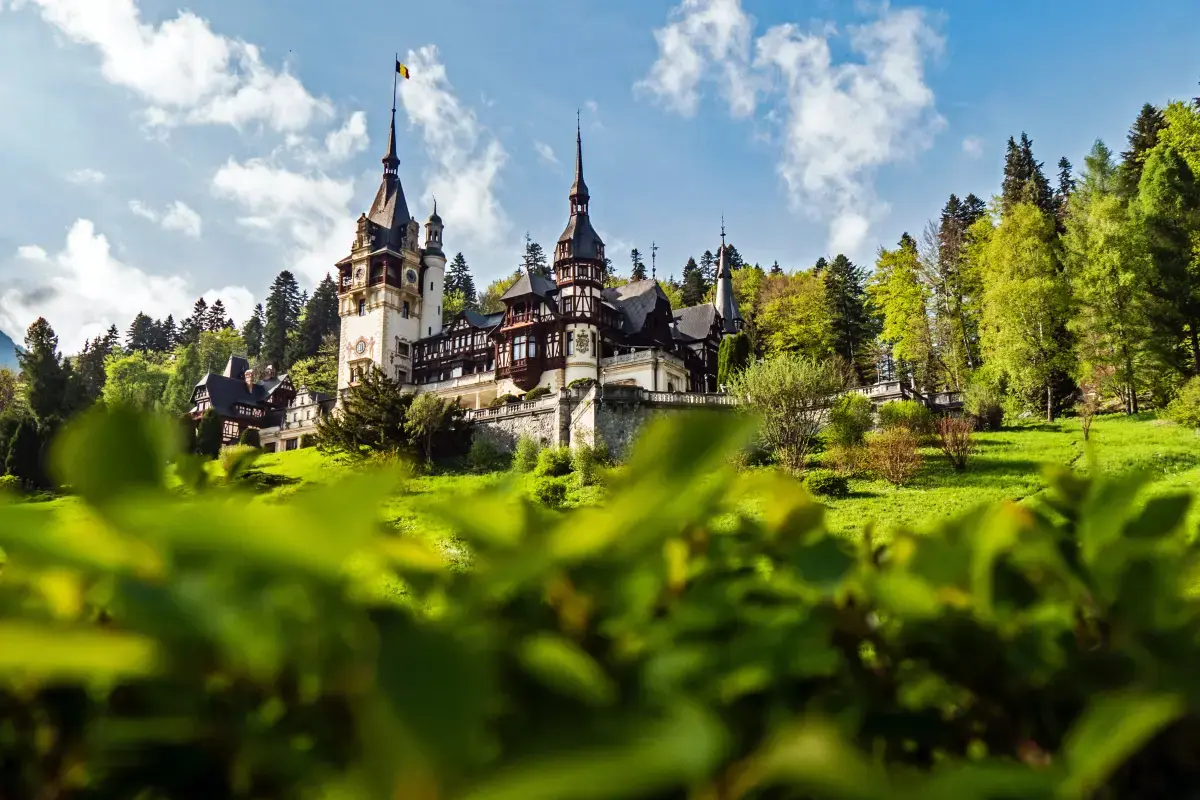
Jobs
Best Jobs in Romania
The most popular jobs for migrants looking to move to Romania are typically in the IT industry, as the countrys economy is rapidly transitioning to a modern, technologically-driven one. IT roles in Romania normally boast attractive salaries and offer a wide range of opportunities for development and progression. Software Developer/Engineer: A Software Developer/Engineer creates and maintains computer programming code for applications and software components. This is one of the most common IT roles in Romania and salaries for this position can range from €2,000-€4,000 per month. Data Analyst/Scientist: A Data Analyst/Scientist analyzes data to find patterns useful for decision making and business objectives. Data Analysts/Scientists can typically earn €2,500-€4,000 per month. Database Administrator: A Database Administrator is responsible for managing and securing an organization’s databases. They typically earn around €2,500-€3,500 per month. DevOps Engineer: A DevOps Engineer automates processes to streamline the software development lifecycle. Salaries for this position typically range from €2,500-€4,000 per month. Network Engineer: A Network Engineer takes responsibility for a company’s networking infrastructure, architecting and implementing solutions, and managing day-to-day activities related to the network. Salaries for this position typically range from €2,000-€4,000 per month. QA Tester: A QA tester is responsible for verifying that software meets the company’s quality standards. The average salary for this role is €1,600-€3,000 per month.
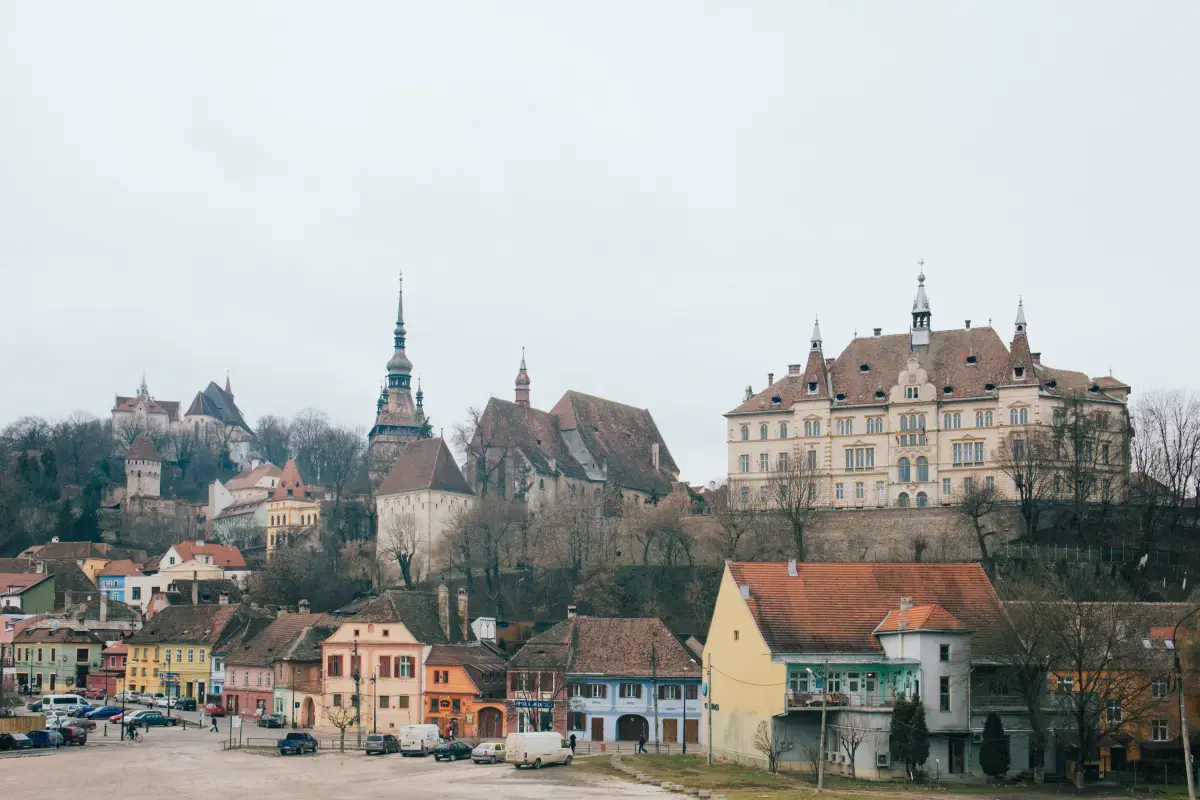
Volunteers
Weather in Romania
Romania has a climate that is classified as a temperate continental climate. This means hot summers and cold winters, with a varying degree of monsoon influences. The summer season in Romania typically runs from April to October. Temperatures during the summer months range from the mid-60s Fahrenheit to the mid-80s Fahrenheit (18 to 30 degrees Celsius). The summer months bring plenty of sunshine and can be quite hot and humid. In the capital of Bucharest, the hottest month is usually July, when temperatures can reach the mid-90s Fahrenheit (32 to 35 degrees Celsius). The fall season in Romania typically begins in September and lasts through November. Temperatures during this time of the year can range from the mid-50s Fahrenheit to the mid-60s Fahrenheit (12 to 18 degrees Celsius). Fall is generally is the driest season but rainfall can still be high, coming mainly in the form of storms. The winter season in Romania typically lasts from December to March and is normally very cold. Temperatures during winter months typically range from the mid-20s Fahrenheit to the mid-30s Fahrenheit (-5 to 0 degrees Celsius). Heavy snow and cold temperatures are typical during the winter months and blizzards and winter storms are not unheard of. The spring season in Romania typically lasts from March to May. Temperatures during this time range from the mid-50s Fahrenheit to the mid-70s Fahrenheit (12 to 25 degrees Celsius). Rainfall also increases during this time of the year, which can bring storms, hail and even snow.
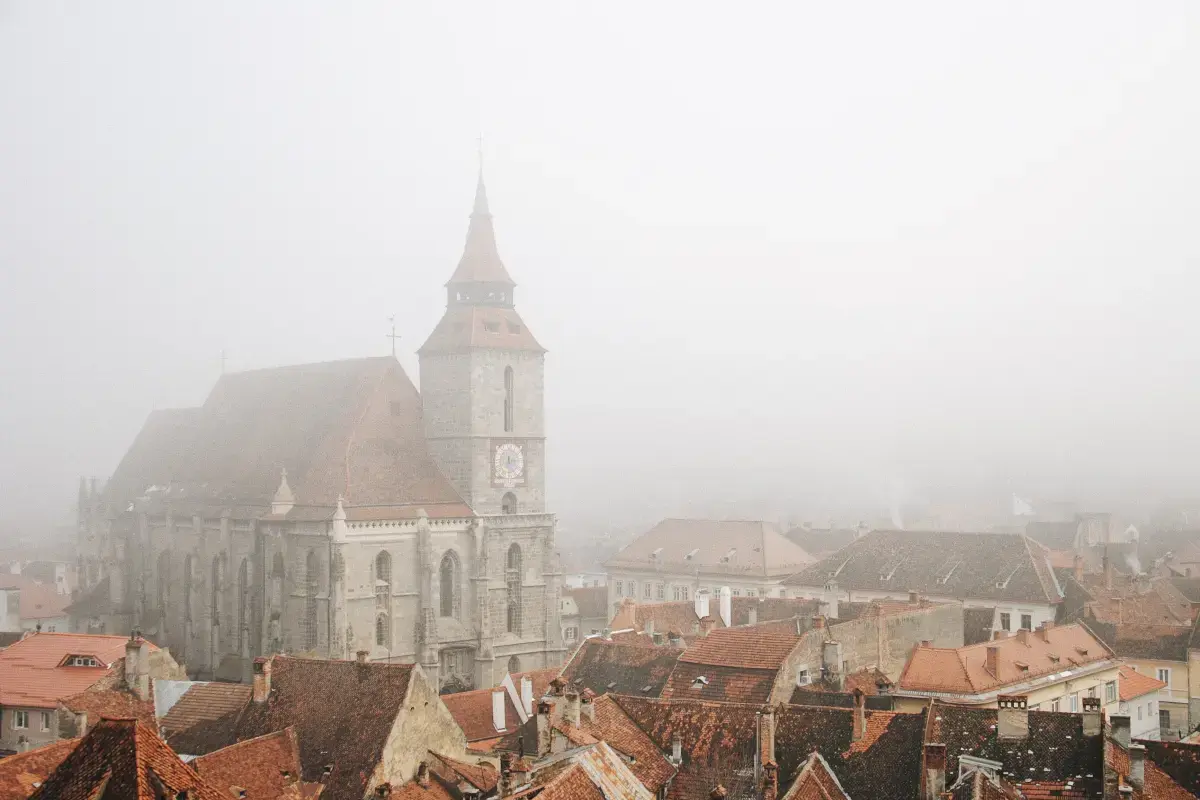
Promote
Tax & Welfare System in Romania
The tax system in Romania is based on both the cyclical and progressive principles of taxation. The cyclical principle involves taxation based on family income, including a minimum income tax for all Romanians expenses such as rent or food. At the higher levels, taxation is progressive, with higher income earners paying a higher percentage of taxes proportionally to their income. The Romanian social welfare system is designed to reduce poverty and provide protection for citizens who are unable to provide for themselves. The system provides a range of services and benefits for its citizens, including income support for the elderly, disabled, single parents, unemployed workers, and other disadvantaged groups. Benefits may also be offered to subsidise housing, health care and other expenses. Additionally, Romania offers some social security benefits to citizens who do not qualify for regular forms of welfare, such as the elderly or disabled. The Romanian government also seeks to provide job-search support and encourage employers to hire disadvantaged people through a variety of programs and grants.
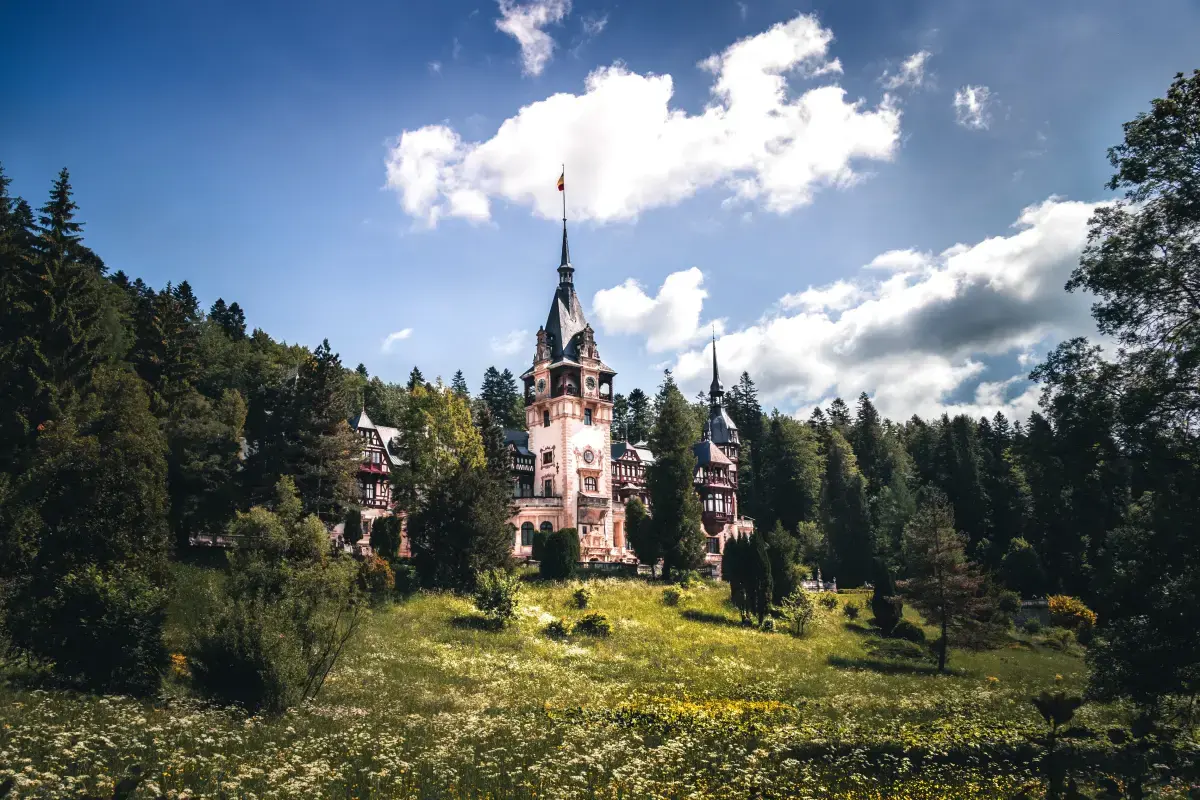
Holidays in Romania
The national holidays in Romania are fixed annually by the government. In 2021, the main national holidays are as follows: New Years Day: 1 January Orthodox Easter Monday: 2 May National Union Day: 3 December International Womens Day: 8 March Victory Day: 9 May International Workers Day (Labor Day): 1 May Royalty Day: 10 May Feast of St. John: 24 June Feast of the Assumption of Mary: 15 August Great Union Day: 1 December Christmas Day: 25 December. There are a few other public holidays in Romania, including Orthodox Easter Sunday and a few days to commemorate the events of December 1989. Romanian law also recognizes a number of local holidays; religious and other public holidays in each city or region may vary from year to year.
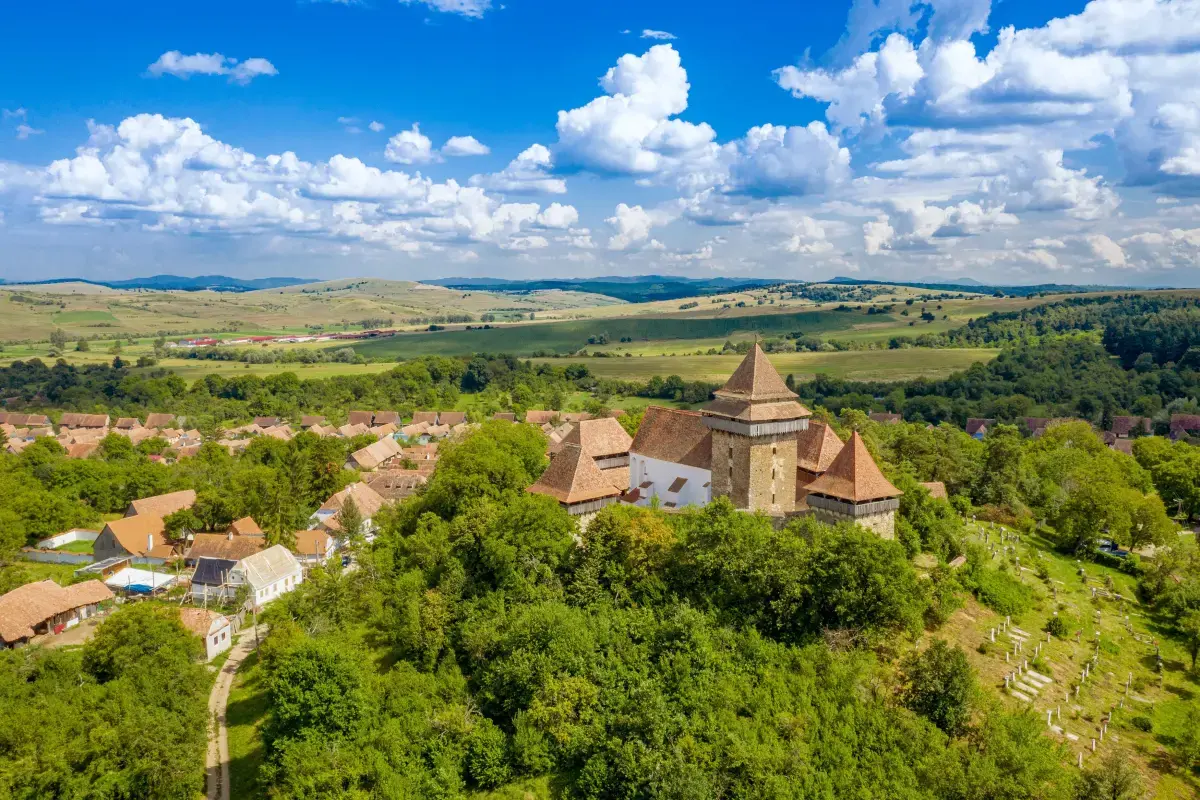
Where to Live in Romania
The most densely populated areas of Romania are in Transylvania, Moldova, and the Banat region. The cities of Bucharest, Cluj-Napoca, Iasi, Timisoara, Brasov, and Constanta are the main metropolitan areas in Romania and have the highest population density. The majority of jobs are found in Bucharest and the larger cities in the cities surrounding areas, such as Brasov, Cluj-Napoca, and Iasi. Here, the job market is mostly industrialized and based on industry, commerce, banking, finance, transport, communication, and public administration. Agriculture is also an important activity that provides employment opportunities in the area. Major employers in Romania include oil companies, car manufacturers, pharmaceutical companies, chemical companies, and telecom companies. In addition, the service industry is also growing, and there is an increasing demand for IT professionals, as well as hospitality and healthcare workers. Outside of Bucharest, many of the smaller towns in the countryside still rely on traditional industries for employment opportunities.
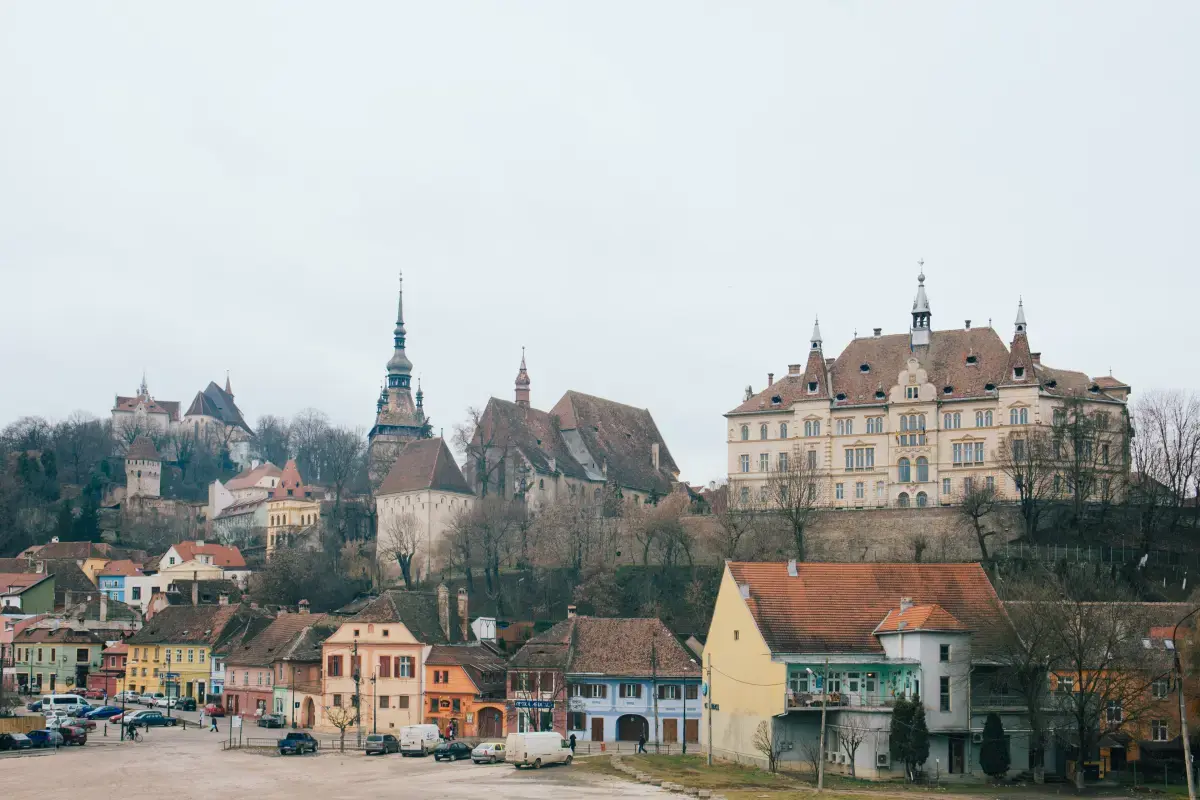
Sports & Recreation in Romania
Popular sports and recreational activities in Romania include traditional sports like football, basketball, volleyball, handball, and ice hockey. Football is the most popular sport in Romania, with the country having its own professional football league and multiple national sides competing in international tournaments. Basketball is also popular, with the country having its own professional league as well as numerous national teams. Romania has a strong handball culture, with multiple clubs competing in the national league. Ice hockey is popular in the country as well, with clubs competing in both the national and international circuits. Other popular sports in Romania include athletics, tennis, swimming and gymnastics. Romania is also an important center for martial arts, with numerous clubs across the country offering courses in kung fu, judo, and karate. Cycling is also increasingly popular in Romania, with the country hosting multiple cycling events each year. Additionally, hiking is a popular recreational activity, with many outdoor enthusiasts taking advantage of the breathtaking mountain ranges and diverse terrain that Romania has to offer.
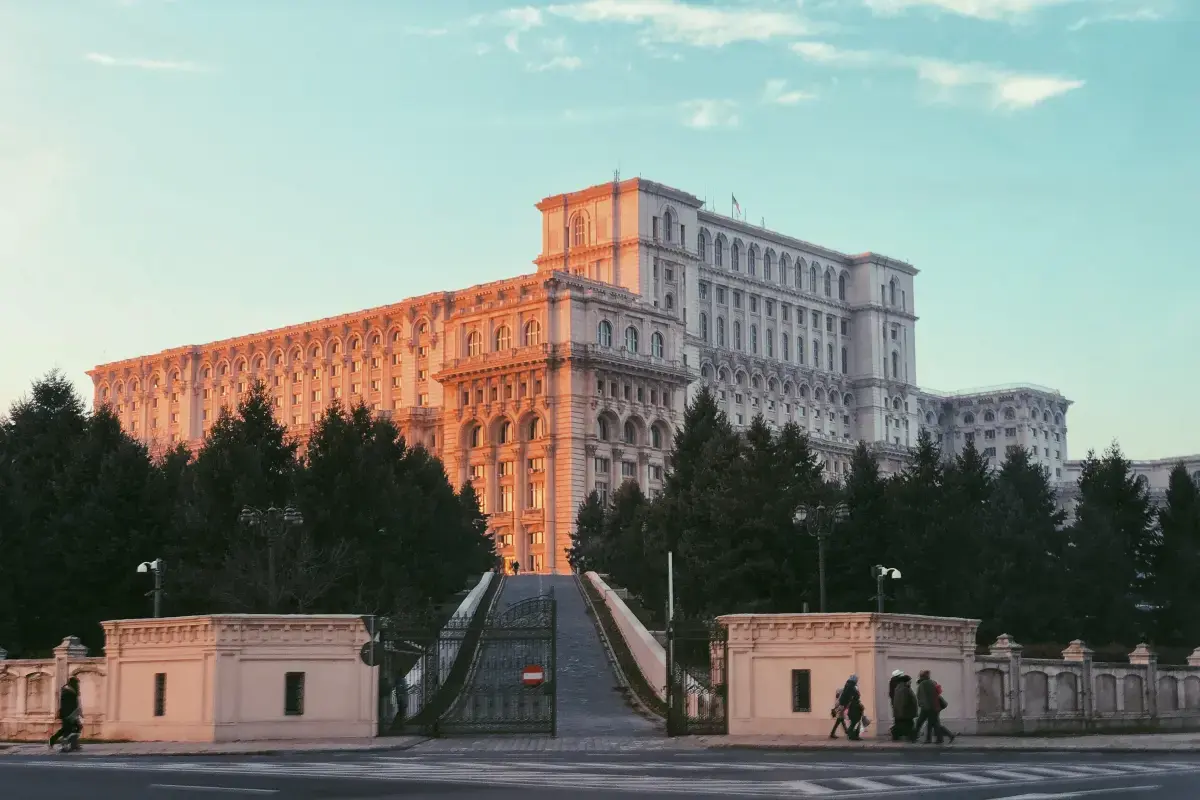
Cost of Living & Housing in Romania
The cost of living and housing in Romania is relatively low compared to that of other European countries. The cost of basic goods and services are significantly lower in Romania due to its low wages and weak economy. The estimated cost of living in Bucharest, Romania’s capital city, is around $1,000 to $1,200 per month. Rent in Bucharest ranges from $400 to $800, depending on location and type of accommodation. Food and groceries tend to be relatively inexpensive, while transportation costs tend to be higher due to gas prices. Utility bills typically include heating, electricity, water, and internet, and they cost an additional $100 to $150 per month.
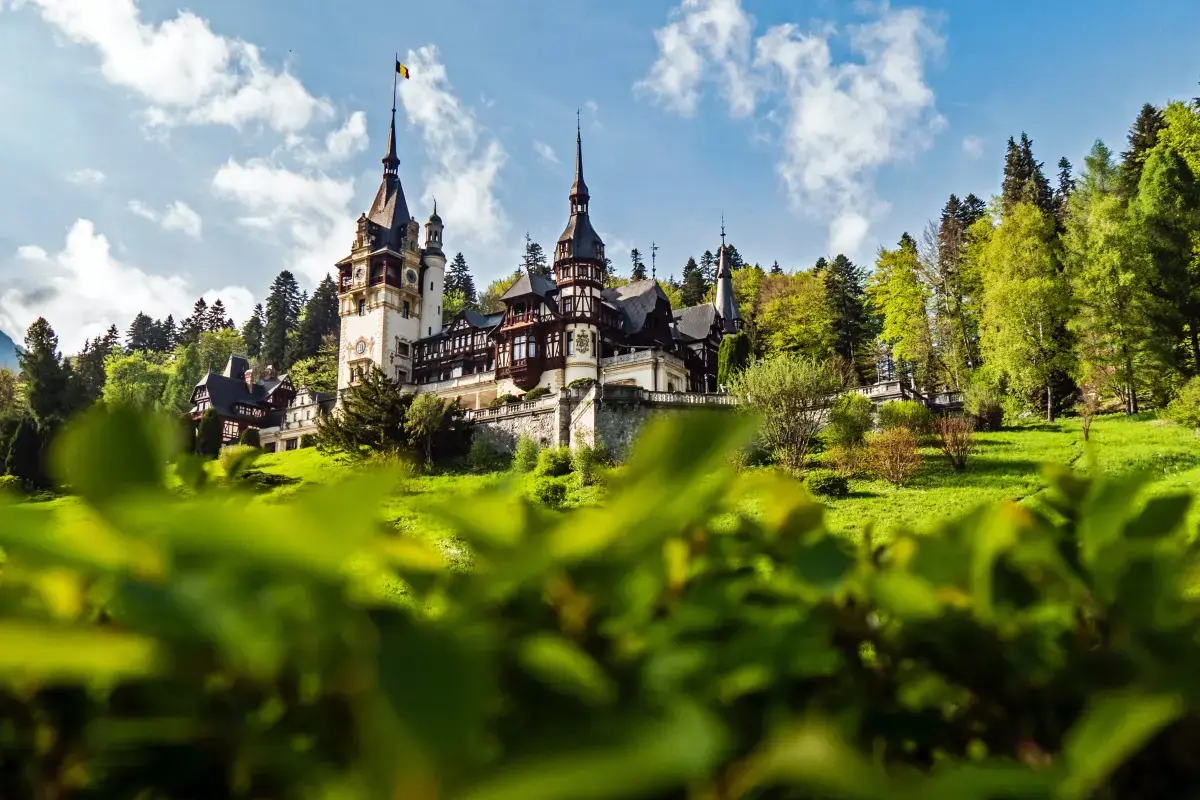
Finding a Job in Romania from Overseas as a Foreigner?
Use our Job hunting & job seeking guide to help your job searching easier.

The Best Rated Top 20 Recruitment Agencies in Romania
When searching for a Job from Overseas, reaching out to established Recruitment Agencies can help in your Job Search in Romania

What are the Best job boards in Romania
Jobseekers searching for jobs in Romania find the below job portals in in Romania as the best job websites for finding employment in in Romania
Best International Removals Companies to/from Romania
When the move to Romania gets closer, finding local and international removals companies that suit your requirements are critical. Find a list of the best companies Near You.

Expat info about living in
Don't just take our word for it.
Use the Best Forums in Romania to obtain all the independent advise about moving, living & working in Romania

Immigration Advice and Visa InformationRomanian
Need assistance with obtaining the correct Visas and Work Permits in Romania.
- Get expert advice to make the move to Romania as easy as possible

Find Trusted Local Home Services
When you arrive, understanding the Best Local Services to help with your odd jobs and tasks around the home is essential.

Best Areas to Live in Romania
Popular towns, cities and regions that are proving popular with migrants moving to Romania
Study and Higher Education in Romania
Search our list of all universities in Romania to help your reach your educational goals.
- Find the Best University in Romania that suits your needs

Featured Locations
Frequently Asked Questions
- Construction
- Business Analysis
- Web & App Development
- Animation
- Nursing
- Teaching
- Engineering
- Marketing
- Plumbing
- Carpentry
- Software Engineer
- Data Analyst
- Hospitality Staff
- Builders
- Full-time
- Part-time
- Permanent
- Freelance
- Gig Jobs
- Contract
- Weekend work
- Out of Hours
- Night shift
- Casual
- Temporary
- Remote
- Work From Home
- Work From Anywhere
- Telecommuting
- Flexible
See here for more Help & Support questions
